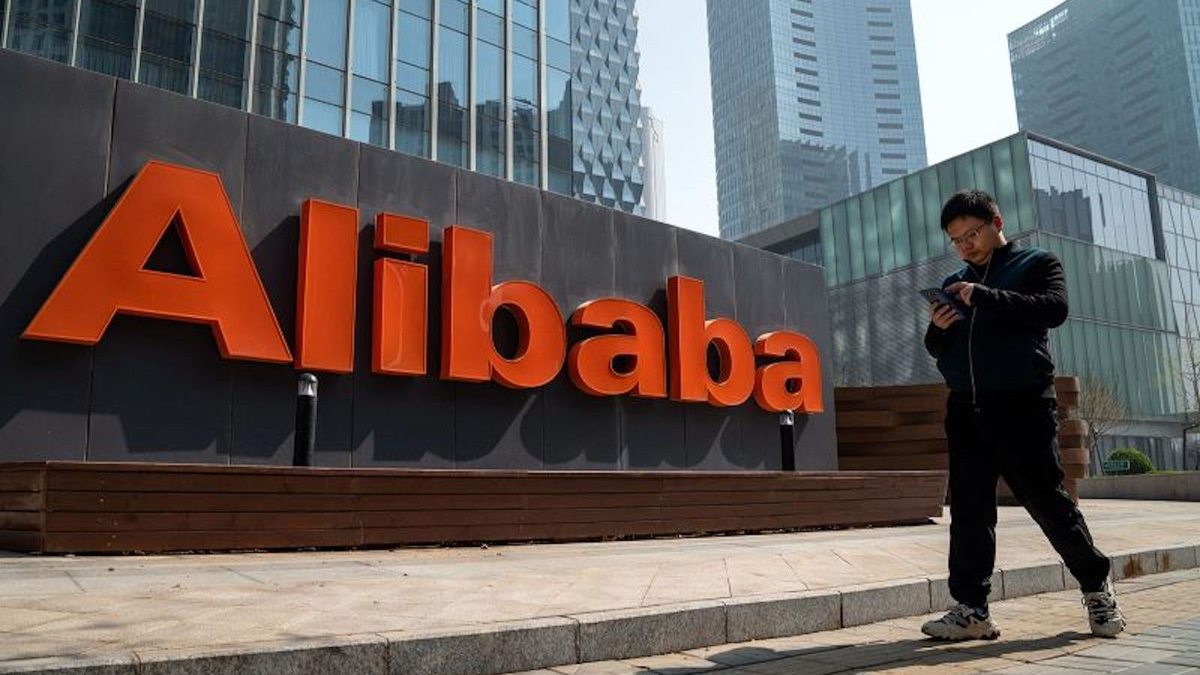The Asian trading giant reported lower-than-expected revenue. It reported revenue of ¥260 billion in the third quarter of last year versus the expected ¥261 billion.
Alibaba presented a worse-than-expected report and shares sink for the second day in a row
Alibaba Holding (BABA), the Chinese commercial giant, reported its results for the third quarter and did not convince investors. So Its shares plummeted 7% on Wednesday, to which was added another 4% decrease this day. However, small stocks rose from their lowest level in a year. What is happening in the Asian stock market?
The content you want to access is exclusive to subscribers.
Let’s start with Alibaba’s balance sheet results. The company reported income less than expected. Jack Ma’s company reported ¥260 billion versus the expected ¥261 billion. However, there were areas where the figures improved, such as in its logistics segment. In this regard, they indicated, it advanced 24% q/q to reach ¥25.78 billion.


In this regard the SBS Groupconfirmed that EBITDA exceeded expectations reaching ¥59.57 trillion, while analysts estimated ¥57.24 trillion. “It surprised the market by expanding its share repurchase plan by US$25 billion,” the same broker also analyzed. Parallel to this situation, Chinese stocks recovered strongly and gained 4.8%, after hitting the lowest levels in more than a year.
What happened? For Cohenthe increase was due to a series of announcements by China’s financial regulator, President Xi Jinping and Central Huijin Investment, who announced the expansion of their investment spectrum in stock funds. “The events highlighted the urgency with which the Chinese authorities are trying to stop the persistent asset liquidation that the country suffered“, highlighted the same brokerage company.
China: What about the massive outflow of funds from the stock market?
There was an outflow of more than $7 trillion from the Chinese stock market, Therefore, the Chinese authorities launched a battery of actions to counteract the marked falls that have affected the main Chinese markets since the beginning of the year. This happens at a time when the world’s second largest economy is immersed in an intensification of real estate problems and persistent deflationary pressures.
According to estimates provided by Goldman Sachs, The central bank, state companies and the sovereign fund made purchases of about $9.8 billion in local stocks last month. These actions seek to counteract the adversities of the Chinese financial market.
Source: Ambito
I am a 24-year-old writer and journalist who has been working in the news industry for the past two years. I write primarily about market news, so if you’re looking for insights into what’s going on in the stock market or economic indicators, you’ve come to the right place. I also dabble in writing articles on lifestyle trends and pop culture news.




